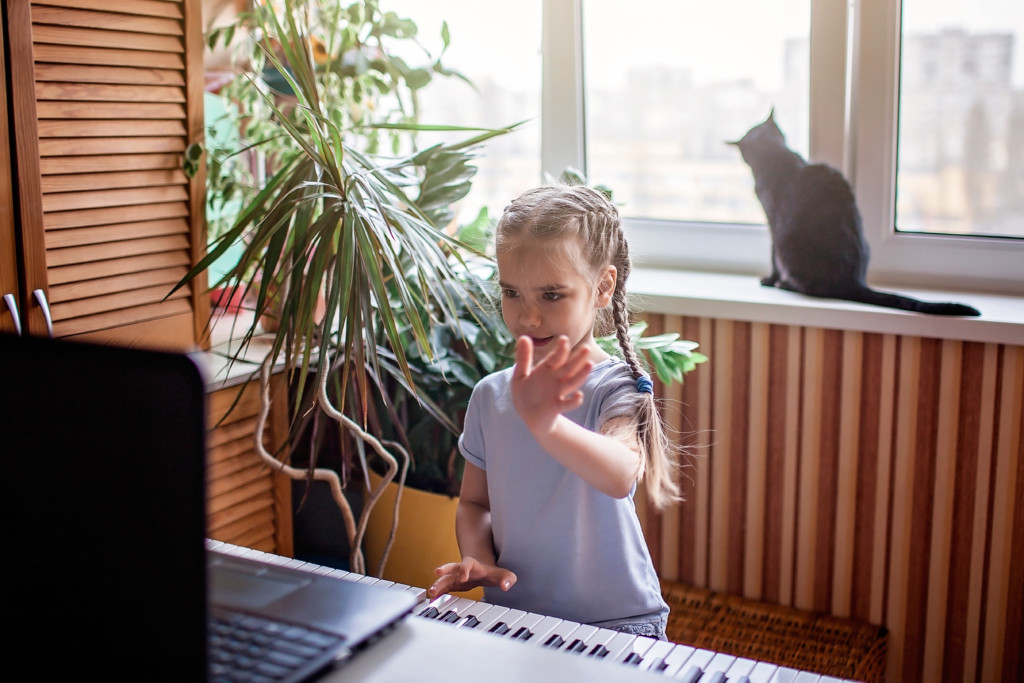 In Mel Brooks’ “Young Frankenstein,” the doctor and Igor are robbing graves for monster parts. Dr. Frankenstein complains, and Igor optimistically notes that it could be worse, because it could be raining. Lightning, thunder and a torrential downpour instantly follow.
In Mel Brooks’ “Young Frankenstein,” the doctor and Igor are robbing graves for monster parts. Dr. Frankenstein complains, and Igor optimistically notes that it could be worse, because it could be raining. Lightning, thunder and a torrential downpour instantly follow.
The coronavirus pandemic has educators scrambling to develop impromptu distance learning. We can safely predict the results will be uneven. Many educators are heroically struggling to expand access for students without home internet access. The Center for Reinventing Public Education, however, reviewed the efforts of 82 school districts educating more than 9 million students and found over half either were providing no online learning or simply were sharing links to publicly available websites.
Not surprisingly, many parents turned to educators with more experience with distance learning. This, however, is where that pesky politics and turf business got in the way again. The Wall Street Journal took the state of Oregon to task for restricting access to the state’s online schools, leaving 1,600 students stranded on the waitlist for a single cyber-school. But it could have been worse:
“The state Department of Education originally contemplated closing down virtual public charters along with the brick-and-mortar schools, according to a March 24 PowerPoint presentation reviewed by the newspaper Willamette Week. Even during a national crisis, unions would rather deprive students of an education than see their charter-school competitors succeed.”
Pennsylvania lawmakers also cut off access for additional students to attend online schools. Meanwhile, Florida Virtual School, the sunshine state’s largest online K-12 school, is seeking $4.3 million in technology upgrades that will boost its capacity from its current 170,000 students in district, charter and private schools to 470,000 students by April 17 – eventually expanding to 2.7 million students by May 4. That’s approximately the size of the Florida public school system’s total enrollment. Florida Virtual will offer up 100 courses.
So here is the part where this discussion goes Igor. Dr. Anthony Fauci, the nation’s top infectious disease official, expects a second COVID-19 surge in the fall. I know none of you wanted to read that last sentence, but the reality is that the current school shutdown may not be the last school shutdown.
Lots of things can change for the better between now and the fall – testing, treatments and vaccines, for example. Florida policymakers are wise, nevertheless, to expand the state’s capacity to deliver online instruction. Lawmakers in other states might want to stop worrying less about where students enroll and more about whether they have the opportunity to learn.



Opportunity to learn standards are being violated all over the United States during this crisis. Defenders of “public education” — that is, a state school monopoly — promote rationalizations of their position, such as this meme from the Bad(ass) Teachers Association: “If teachers are assigning grades right now, what they are grading is PRIVILEGE. Without the equalizing force of the school building and its services, limited as they are, teachers are grading on access to technology, wifi, food, housing security, and ableism”; however, those of us who favour an educated public believe that all students should be optimally educated to the fullest extents of their potentials, given realistic resource constraints of time, energy, money, and space, without regard to comparisons with their neighbours, so as to produce the best educated public we can at any given time.